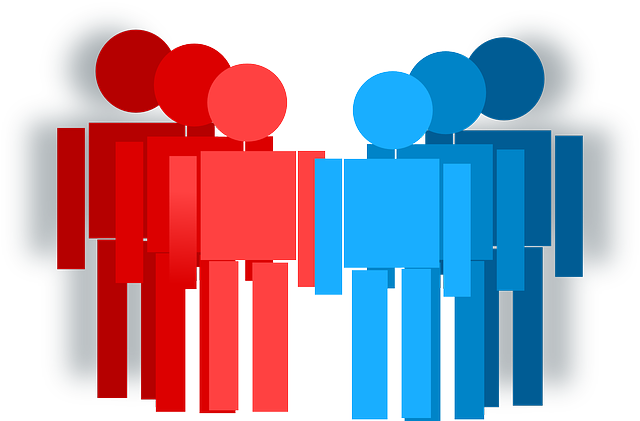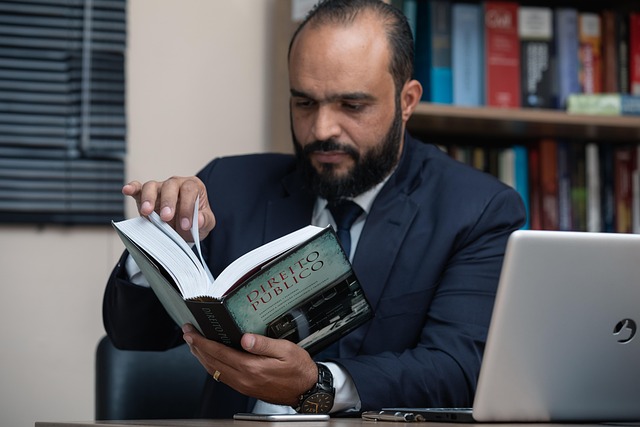In Oregon, child welfare attorneys play a pivotal role in protecting and advocating for vulnerable children. This comprehensive guide explores the essential practices of Oregon child welfare attorneys, focusing on effective collaborations within the state’s legal system. We delve into navigating complex attorney-client relationships to achieve optimal case outcomes. By highlighting the significance of expertise, we recognize qualified child welfare legal experts. Additionally, this article provides a detailed attorney partnership guide tailored for Oregon child welfare cases.
- Understanding the Role of a Child Welfare Attorney in Oregon
- Building Effective Collaborations with Attorneys in Oregon's Legal System
- Navigating Attorney-Client Relationships for Optimal Case Outcomes
- The Importance of Expertise: Recognizing Qualified Child Welfare Legal Experts
- A Comprehensive Guide to Attorney Partnerships in Oregon Child Welfare Cases
Understanding the Role of a child welfare attorney in Oregon

In Oregon, a child welfare attorney plays a pivotal role in ensuring the best interests and safety of children involved in various legal proceedings. These attorneys specialize in advocating for minors, guiding them through complex legal systems, and collaborating with other professionals to create stable and nurturing environments. Their expertise lies in understanding the intricate laws and policies related to child protection, fostering effective communication between agencies, and representing clients’ rights within the Oregon juvenile justice system.
Working closely with social workers, prosecutors, and judges, child welfare attorneys contribute significantly to navigating the legal landscape. They collaborate through attorney partnerships, ensuring comprehensive support for vulnerable children. This guide emphasizes the importance of open communication, shared resources, and strategic planning in these relationships. By fostering a culture of partnership, Oregon’s child welfare legal experts can collectively drive positive outcomes for the youth under their care.
Building Effective Collaborations with Attorneys in Oregon's Legal System

Building effective collaborations with attorneys is crucial for anyone involved in Oregon’s child welfare system. Successful partnerships between child welfare attorneys and their legal counterparts are essential to navigating the complex landscape of family law. By fostering open communication, sharing relevant case information, and aligning legal strategies, these collaborations ensure robust representation for all parties involved.
Oregon’s legal system benefits from a cooperative environment where attorney collaboration can significantly enhance outcomes in child welfare cases. This partnership approach allows legal experts to leverage their combined knowledge and experience, ultimately providing comprehensive support to children and families. It also facilitates smoother navigation of the legal process, ensuring that everyone receives fair and efficient justice.
Navigating Attorney-Client Relationships for Optimal Case Outcomes

Effective communication and a strong attorney-client relationship are vital for achieving optimal outcomes in Oregon child welfare cases. Child welfare attorneys must foster an environment of trust, ensuring their clients feel heard and understood. This collaborative approach involves active listening, clear explanation of legal options, and regular updates throughout the process. By working closely with clients, attorneys can identify unique needs and tailor strategies accordingly.
In Oregon, navigating attorney-client relationships requires a deep understanding of state laws and regulations specific to child welfare. Collaboration between clients and legal experts ensures that every detail is considered, from documenting interactions to presenting evidence in court. This partnership guide highlights the importance of open dialogue, prompt response times, and a commitment to advocating for the best interests of children involved in these complex cases.
The Importance of Expertise: Recognizing Qualified Child Welfare Legal Experts

In the complex landscape of Oregon’s child welfare system, working with a qualified and experienced child welfare attorney is paramount. The field requires a deep understanding of state laws, regulations, and the unique challenges facing families involved in foster care, adoption, or dependency proceedings. Child welfare legal experts possess the expertise to navigate these intricate matters, ensuring clients’ rights are protected and their best interests are represented. Their knowledge helps in presenting compelling cases, interpreting legal complexities, and offering strategic guidance throughout the process.
Collaborating with such attorneys can significantly impact outcomes for children and families. An attorney partnership guide emphasizes the value of a strong working relationship between legal experts and other professionals involved in child welfare. Effective communication, shared goals, and mutual respect foster an environment conducive to successful case management. Recognizing and utilizing qualified child welfare legal experts is essential for navigating Oregon’s intricate systems and achieving positive, lasting outcomes for all parties involved.
A Comprehensive Guide to Attorney Partnerships in Oregon Child Welfare Cases

In Oregon, effective collaboration between child welfare agencies and legal professionals is paramount to ensuring the best outcomes for involved families. A Comprehensive Guide to Attorney Partnerships in Oregon Child Welfare Cases offers invaluable insights into navigating attorney relationships within this complex landscape. When working with attorneys, social workers can leverage the expertise of child welfare legal experts, fostering a collaborative environment that benefits all parties involved. This partnership approach not only streamlines legal processes but also enhances the overall quality of representation for vulnerable children and families.
This guide delves into strategies for successful attorney collaboration, highlighting best practices for communication, case management, and mutual respect. By understanding the dynamics of attorney partnerships, Oregon child welfare professionals can ensure that legal expertise is seamlessly integrated into service delivery, ultimately upholding the rights and well-being of those in need.






